Dikkie
No longer a newbie, moving up!
- Joined
- Nov 20, 2005
- Messages
- 887
- Reaction score
- 260
- Location
- Belgium / Brussels
- Website
- linktr.ee
- Can others edit my Photos
- Photos NOT OK to edit
I have a very slim polarizer filter that I can screw on my lens.
Too slim so you get quickly fingerprints on the filter.
But it's quite unfriendly to use... well, it takes a lot more time to take pictures.
You need to turn the filter until you see the effect you want.
Mostly I don't see that very well, or my eyes hurt after looking very precise through the viewfinder. I wear glasses too and my eyes are little weak.
When I turn the filter, the screw looses from the screwmount easily. Off course, the solution is turning the other side... but I don't want the filter to get screwed too hard.
Also, if you're autofocussing to different objects, you need to turn the filter every time to the right position.

You also need to get higher aperture or longer shuttertime with that extra glass in front of it. About one stop.
If you shoot in RAW format, you can adjust the white balance and contrasts afterwards so it looks great too...
Is it really advised/considered to shoot with a polariser?
Do you guys shoot with polariser very often?
What's your experience with the filter.
Do you get the money out of it, or do you get the effect with postprocessing too?
With a good lens-hood, you can get rid of some sun reflections from the side, maybe that's already enough.
Just don't want to spend lots of time taking pictures on my holiday, while my girlfriend is waiting until I'm finished. She has no patience to see me spending too much time with polarizers, tripods,... you know.
Maybe a neutral density filter can be the solution?
But than again, you will have longer shuttertime, need a tripod ...
Too slim so you get quickly fingerprints on the filter.
But it's quite unfriendly to use... well, it takes a lot more time to take pictures.
You need to turn the filter until you see the effect you want.
Mostly I don't see that very well, or my eyes hurt after looking very precise through the viewfinder. I wear glasses too and my eyes are little weak.
When I turn the filter, the screw looses from the screwmount easily. Off course, the solution is turning the other side... but I don't want the filter to get screwed too hard.
Also, if you're autofocussing to different objects, you need to turn the filter every time to the right position.
You also need to get higher aperture or longer shuttertime with that extra glass in front of it. About one stop.
If you shoot in RAW format, you can adjust the white balance and contrasts afterwards so it looks great too...
Is it really advised/considered to shoot with a polariser?
Do you guys shoot with polariser very often?
What's your experience with the filter.
Do you get the money out of it, or do you get the effect with postprocessing too?
With a good lens-hood, you can get rid of some sun reflections from the side, maybe that's already enough.
Just don't want to spend lots of time taking pictures on my holiday, while my girlfriend is waiting until I'm finished. She has no patience to see me spending too much time with polarizers, tripods,... you know.
Maybe a neutral density filter can be the solution?
But than again, you will have longer shuttertime, need a tripod ...
Last edited:










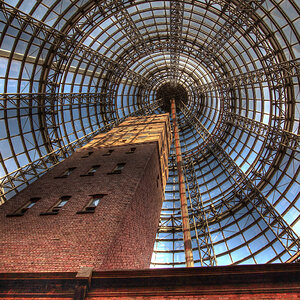
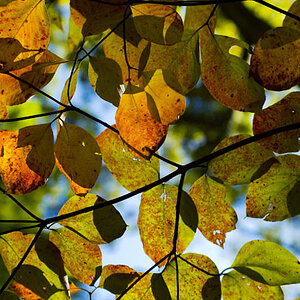
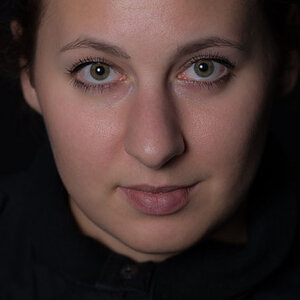

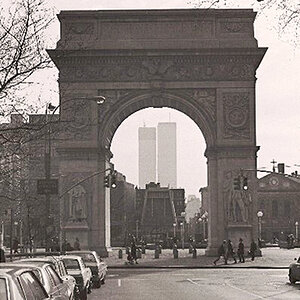
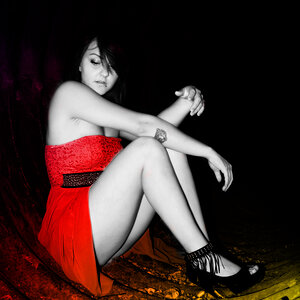
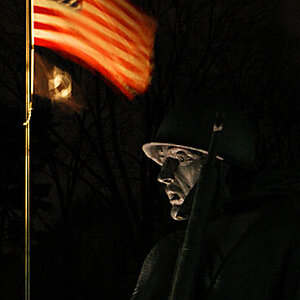
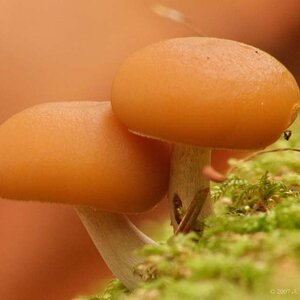
![[No title]](/data/xfmg/thumbnail/35/35664-428352d20c8015248f9625e246c3581c.jpg?1619737089)
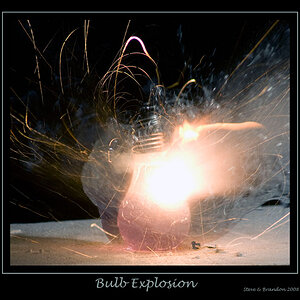
![[No title]](/data/xfmg/thumbnail/37/37114-2bba6b6cc4df1fe53588503fb35af8dd.jpg?1619737883)
